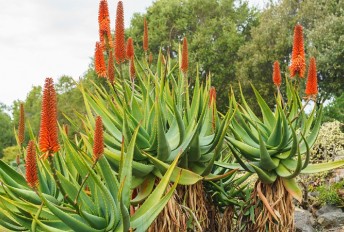
Posted on February 09, 2023
Experts at the University of Pretoria (UP) are a step closer to finding a drug that could prevent transmission of the malaria-carrying parasite Plasmodium falciparum by thwarting its life cycle.
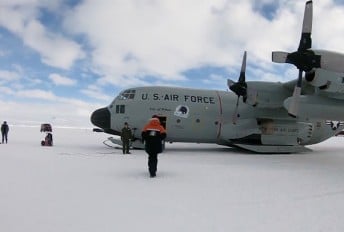
Posted on December 07, 2022
The ice-free areas of Antarctica were initially thought to be devoid of life, but with the advent of modern genetic technologies, scientists now know that microorganisms have adapted to living in this extreme environment.
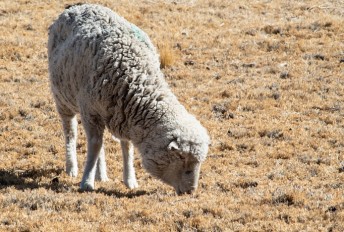
Posted on December 05, 2022
Two University of Pretoria scientists have contributed to the first-ever global field assessment of the ecological impacts of grazing in drylands.

Posted on November 28, 2022
Our latest issue of RE.SEARCH is out and focuses on how the University of Pretoria (UP) is implementing transdisciplinary research to co-create new knowledge to develop solutions and design new futures for us all.
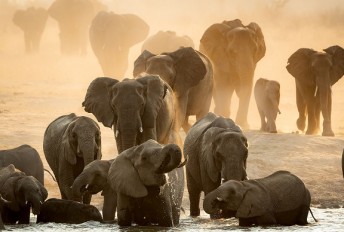
Posted on November 24, 2022
A new series of maps drawn up by Emeritus Professor Rudi van Aarde of the University of Pretoria (UP) and Dr Ryan Huang of Duke University in the US details where African elephants prefer to roam in Southern Africa.
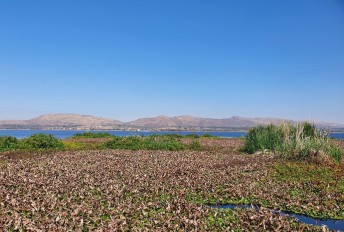
Posted on November 21, 2022
For years now, invasive water hyacinth plants have clogged up the North West’s Hartbeespoort Dam, which lies downstream from Pretoria and Johannesburg. In new research, hydrogeologists from the University of Pretoria (UP) have used the internal workings of the plants themselves to reiterate...

Posted on November 09, 2022
South Africa is a global crime hotspot. But, as residents put up higher walls to stay safe, a new South African study suggests that greenspaces can be an important tool in creating safe and sustainable cities.
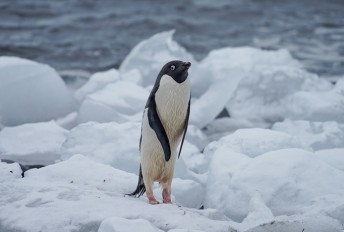
Posted on November 02, 2022
The Southern Ocean around Antarctica needs urgent protection – for the sake of the rest of the world. This marine wilderness is threatened by climate change and commercial fisheries, says University of Pretoria (UP) macro-ecologist Dr Luis Pertierra, an expert on the natural value of the...
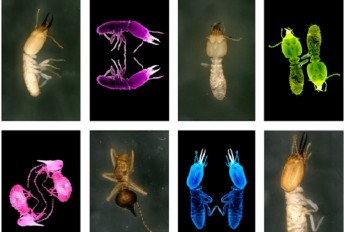
Posted on September 28, 2022
The University of Pretoria (UP) recently participated in an international study led by the University of Miami to investigate termite and microbial wood discovery and decay. Termites release carbon from the wood as methane and carbon dioxide, which are two of the most important greenhouse gases...

Posted on August 05, 2022
Welcome to the third issue of, RE.SEARCH. The first two issues looked at ‘Sustainability’ and ‘Innovation’. Issue 3 looks at how we can ‘Renew’ our ways of thinking and grow possibilities. This edition features research that should excite everyone from the...
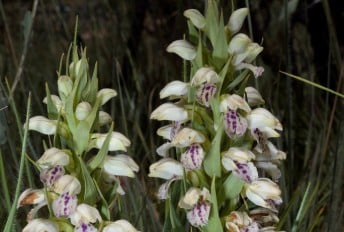
Posted on July 12, 2022
The Albertina Sisulu orchid was described as a new species in 1955, the same year the struggle stalwart launched the Freedom Charter with her compatriots in the ANC Women’s League. Researchers at the University of Pretoria want to help save this endangered plant by understanding the unique...

Posted on July 07, 2022
More than three billion people, most of whom are in developing countries, rely on the ocean to make a living. Fisheries and aquaculture provide the main source of animal protein for some 17% of the world’s population. In the least-developed countries, fish contributes about 29% of animal...
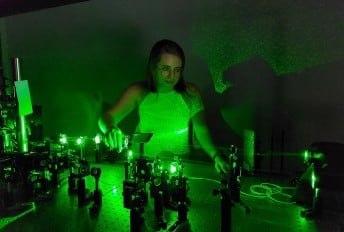
Posted on June 27, 2022
A UP-led team is using the momentum of light to trap particles. This optical trap has been used with collaborators to demonstrate a hidden property in light that remains unchanged even when it passes through turbulence.
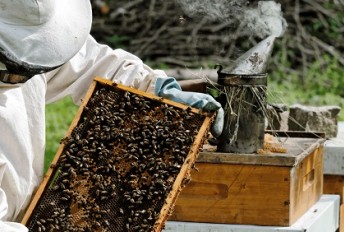
Posted on May 19, 2022
A breakthrough study from the University of Pretoria has found that small hive beetles trapped inside a honeybee nest sneakily entice the very bees that keep them prisoner into providing them with the best of what there is to feed on in the hive – even some of the queen’s portion.
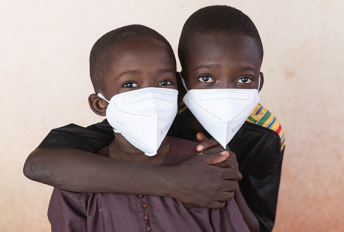
Posted on March 22, 2022
A study led by researchers at the University of Pretoria (UP) has found that people who believe that others are complying with COVID-19 regulations are more likely to comply as well.
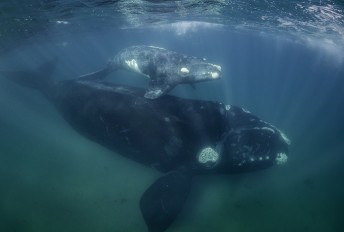
Posted on March 01, 2022
UP’s Mammal Research Institute Whale Unit and WWF South Africa are teaming up to support research on southern right whales in response to warming oceans and changes to ocean processes which are affecting the number of whales visiting SA's shores.
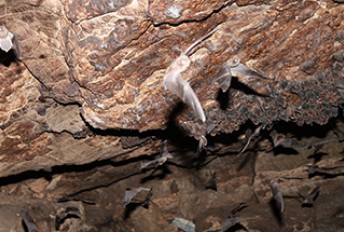
Posted on December 18, 2021
Research at UP is looking at how tree harvesting is causing the destruction of natural habitat, bringing wild animals like bats into closer contact with humans than ever before and leading to increased risk of new zoonotic diseases.
Copyright © University of Pretoria 2025. All rights reserved.
Get Social With Us
Download the UP Mobile App